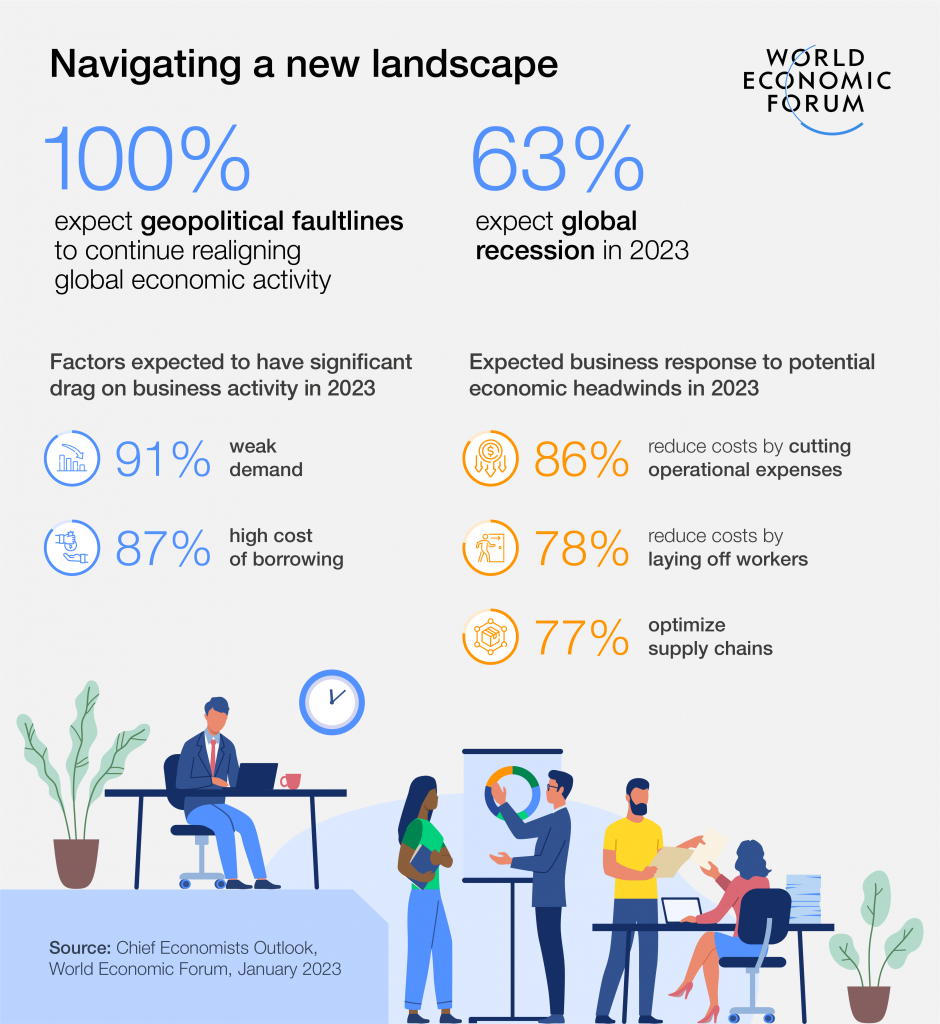The Doctor of Business Administration (DBA), sometimes called the DrBA, is the highest academic achievement in the field of business administration. In essence, earning a DBA means you’ve gone through a challenging process that includes advanced courses, practical projects, and deep, original research. It’s designed for professionals who want to push the boundaries of business knowledge and make a significant impact in their field.
Robert Kennedy College is excited to offer a fully online Doctorate of Business Admnistration (DBA) programme in an exclusive partnership with University of Salford. Now you can advance your career and expertise with the Doctorate of Business Administration (DBA). This professional doctorate is designed with busy business professionals in mind, providing a flexible and research-driven pathway to advance your career.
Whether you’re looking to deepen your expertise, hone your leadership skills, or contribute to innovative business practices, this program offers you the opportunity to balance your professional commitments while pursuing a higher level of academic achievement. With our online format, you can study from anywhere, join a global community of forward-thinking professionals, and transform your career on your own terms.
How does the programme work?
This unique programme takes you on a two-phase journey, offering a clear and manageable route to your doctorate
A Two-Phase Pathway to Your Doctorate
Phase 1: MSc in Management Research
Your DBA journey kicks off with a one-year MSc in Management Research. This phase is all about building a strong research foundation while you’re still in a familiar academic environment. Here’s what you can expect:
🔹 Research Approaches & Literature Analysis – Dive into various research philosophies and learn how to critically evaluate academic literature.
🔹 Fundamentals of Research Methodology – Master essential techniques for collecting and analyzing data.
🔹 Advanced Research Techniques – Go deeper into research strategies and statistical analysis to sharpen your skills.
🔹 Professional Development & Reflection – Enhance your self-awareness and embrace continuous learning as you prepare for the next phase.
🔹 Applied Research Project – Put your newly acquired research skills to the test in a real business setting.
This initial stage is designed to set you up for success, ensuring you have all the tools and knowledge needed for the more advanced stages of your doctoral journey.
Additionally, a one-week residential session is available either on-site at the University of Salford or online, ensuring accessibility for international students

Phase 2: Doctorate of Business Administration (DBA)
Once you’ve completed your MSc, you can step into the DBA programme—a journey that typically takes around 3 years. In this phase, you’ll focus on:
📌 Independent Research & Dissertation – Dive into original research that not only deepens your understanding but also brings fresh insights to the business world.
📌 Guided Mentorship – Benefit from the expertise of experienced academic supervisors who will support you throughout your research journey.
📌 Strategic Business Impact – Work on developing evidence-based solutions to real-world business challenges, making a tangible impact in your industry.
Why choose Robert Kennedy College’s (RKC) Doctor of Business Administration (DBA) programme?
- Flexible Online Learning – Designed with busy professionals in mind, our programme lets you balance work, studies, and personal life.
- Accredited Degree – Earn a globally recognized degree in partnership with a respected UK university, ensuring your qualification stands out.
- Practical Focus – With a strong emphasis on real-world applications, you’ll be well-equipped to tackle business challenges and enhance your leadership skills.
- International Network – Join a diverse community of peers and faculty from around the globe, enriching your learning experience.
- Research Excellence – Our programme supports you in conducting impactful research that can boost your career and contribute to industry advancements.
At Robert Kennedy College, our DBA is more than just a degree—it’s a pathway to career advancement, leadership development, and meaningful academic achievement.

Admissions & How to Apply
This programme has rolling admissions, allowing you to start when it suits you best. However, with limited seats available, early application is advised.
📢 Take the next step in your professional journey! Apply now to earn your Doctorate of Business Administration with Robert Kennedy College & the University of Salford.
🔗 Learn more and apply: https://www.salford.rkc.edu/apply/dba









































